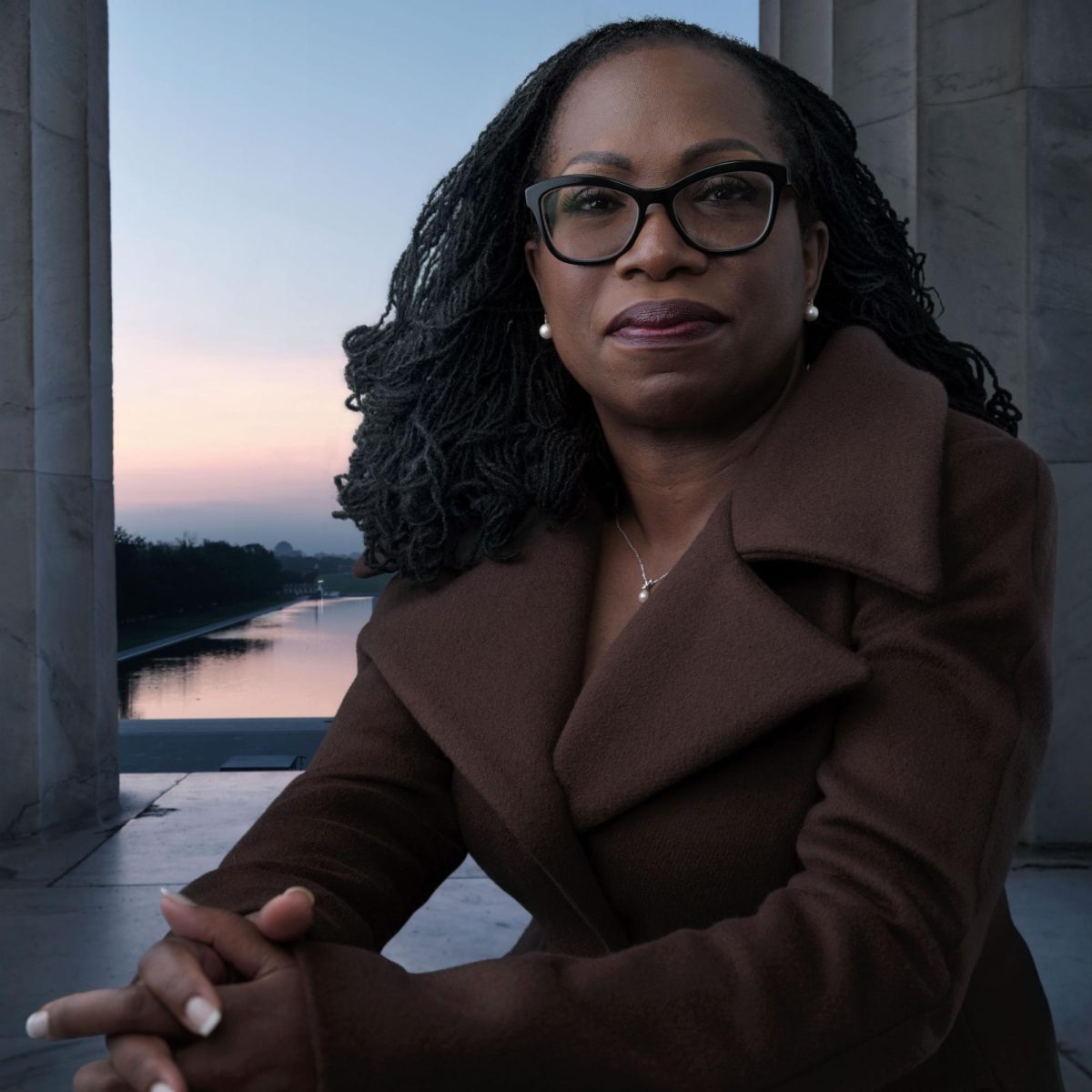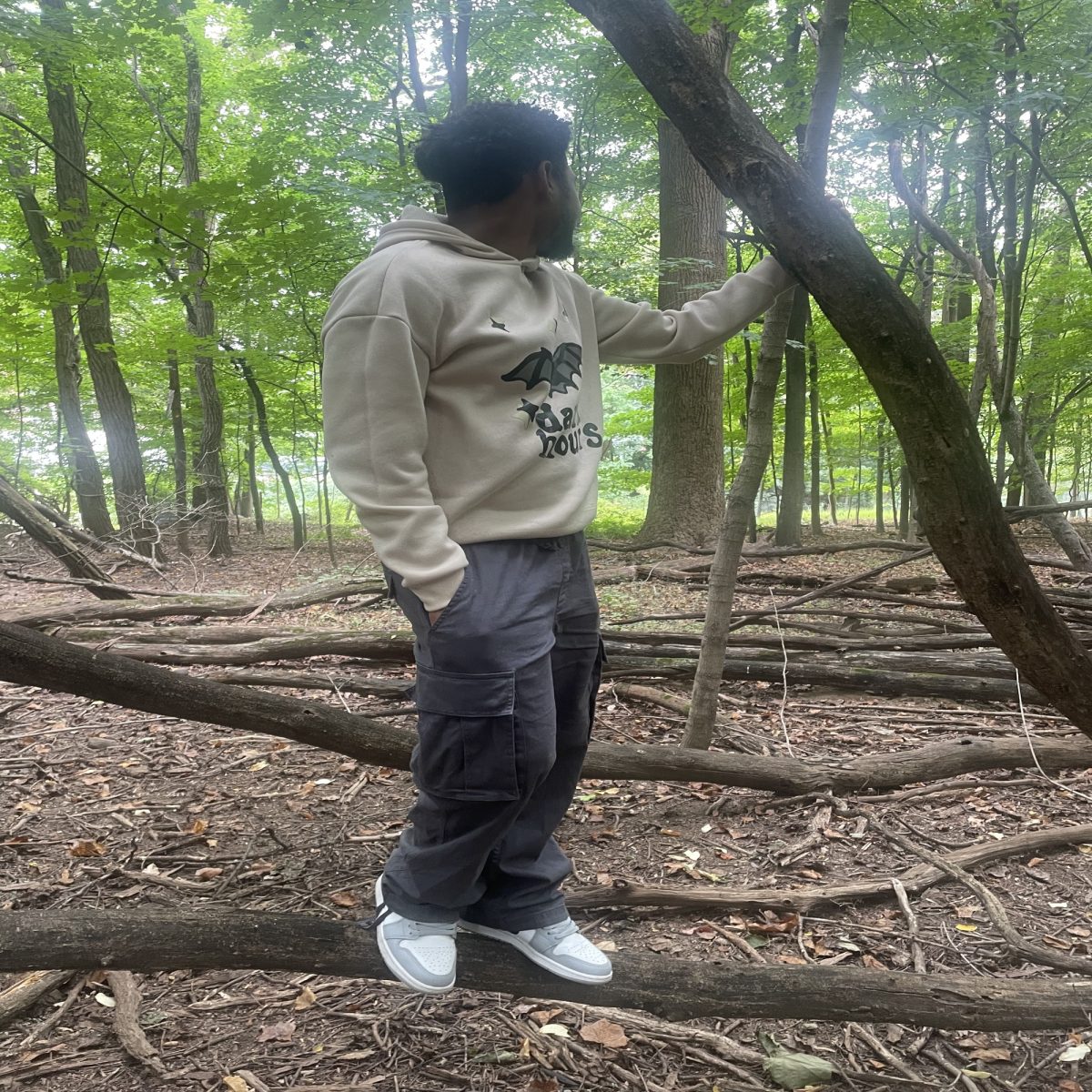Making history doesn’t happen overnight. It starts with a dream, a plan, and a vision before the path of discipline is made such as the change Supreme Court Justice Kentanji Brown Jackson had and accomplished before becoming not just the first black woman in the Supreme Court but the first member to make a Broadway appearance.
Brown was the guest speaker at Mercy University in December at the WestchestHER is LIT! event in partnership with the YWCA of White Plains and Central Westchester and the Westchester Alumnae Chapter of Sigma Theta Sorority.
In the segregated South, blacks experienced racism and lack of education due to the belief that they were less than others and killed just for the color of their skin. Jackson’s life is based around the importance of just how life-changing the position she was nominated for by Presidents Barack Obama and Joe Biden is not just for her, but for the black community.
“I’m the first black woman… but not the first black woman who could have done this job,” she stated.
Jackson was inspired early by her parents. Her mother, Ellery Ross, went to Tuskegee University and graduated in 1967 whilst her father, John Brown, went to Kentucky State and graduated in 1968. Her parents’ college years saw bus boycotts, protest marches, and other trials and tribulations. The duo encountered all of those challenges and instilled the saying “you can do what you want to do” into Jackson’s consciousness as her parents encouraged her to go after the change she hoped to see in the world just like they had.
Within five years after the Jim Crow laws were placed, Jackson was born on Sept. 14, 1970. Growing up in the late fifties and early sixties where she was exposed to a world of change, the struggles in getting her start in education didn’t stop her parents from becoming school principals and her love for plays and the arts began blossoming. Producers of the Broadway show and romantic comedy “& Juliet” contacted Jackson and told her they could make her happen after reading her book “Lovely One.” Brown made a one-night-only walk-on role on De. 14 t in the Tony-nominated musical
, which is a modern take on Shakespeare’s romantic tragedy recreating what would have happened if Juliet survived the original play.
Being popular in high school and on the debate team before making the transition to college, Jackson overcame obstacles by a stranger becoming her angel after whispering “Persevere” to her on a rainy day after bawling her eyes out on the University of Harvard steps. Jackson was 18 at the time and didn’t know how she would overcome the struggles of adjusting to what she was going to do and how she was going to pick up the pieces.
Not understanding how much support could matter until that rainy day stuck with her as persevering was what she learned to do with realizing angels are everywhere and everyone has a purpose.
“For of those to whom much is given, much is required,” she said quoting Luke 12:48
For Brown, it was her family and the people she met away from home in college became the relationships she still holds dear. Her college roommate, Kimberly Robinson, expressed how happy she was for Jackson as the newest Supreme Court member. She expressed how important it was to network and build friendships and relationships in the direction of the field one aspires to be in.
“Find your sisters out there,” Brown advised.
At eight years old Jackson noticed a handwritten note at her grandmother’s house that read the sink needed fixing. She made fun of how the letters were misspelled, not giving it a second thought when mentioning it to her mother. Her mother was angry at her for being so quick to judge others and their efforts when trying a task she may have found easy to do herself, but a challenge for someone else. That someone else was her grandmother. Brown immediately felt guilty as she had made fun of her grandmother who wasn’t given the same level of education growing up in the rural south. Looking back at this memory Brown realized how lucky she had been to be passed a torch to have an education not just her grandmother lacked, but people who were not as fortunate as her.
In a mixed crowd of young people, people who supported Brown’s journey received advice on what to do in tough times and were advised to keep pushing and ask themselves what it is exactly they’re willing to work for.
“Once you’ve found the answer to that, you have only to go from there in the steps to finding mentors, and people you admire, and asking them the steps they took or gaining information on how they got to where you want to be.”
In Brown’s earliest childhood memory, she is 4 years old. Despite her age, her father sat down at the kitchen table with his books opened with cases. He would ask her what she thought of them and how she would solve them.
“The path we are meant to take often reveals itself early in our lives, usually during a moment of profound realization. The influences around us play a significant role in shaping our identities. It can feel as though discovering this path comes easily as if it’s something we instinctively understand and know we were meant to pursue.”










